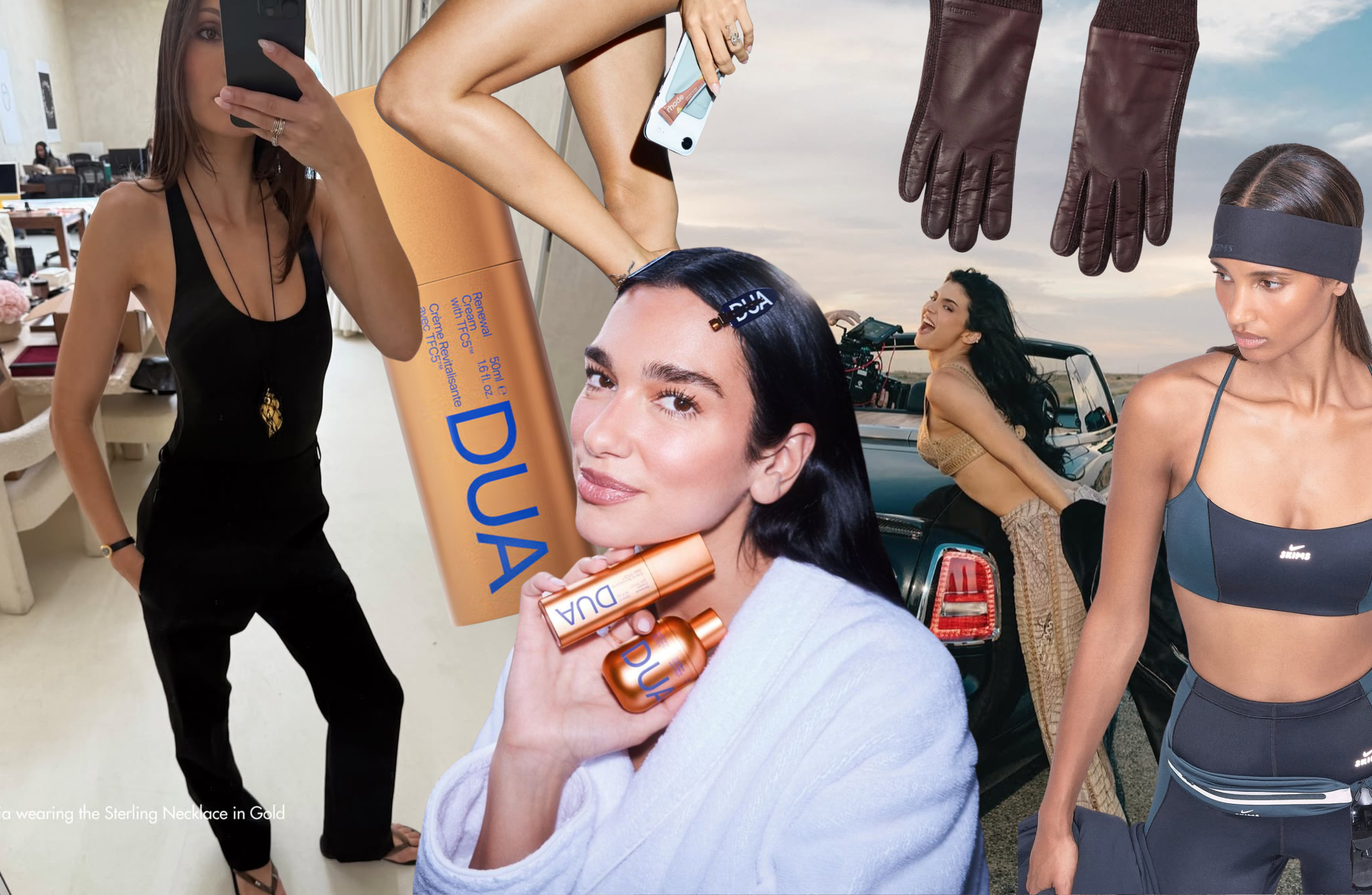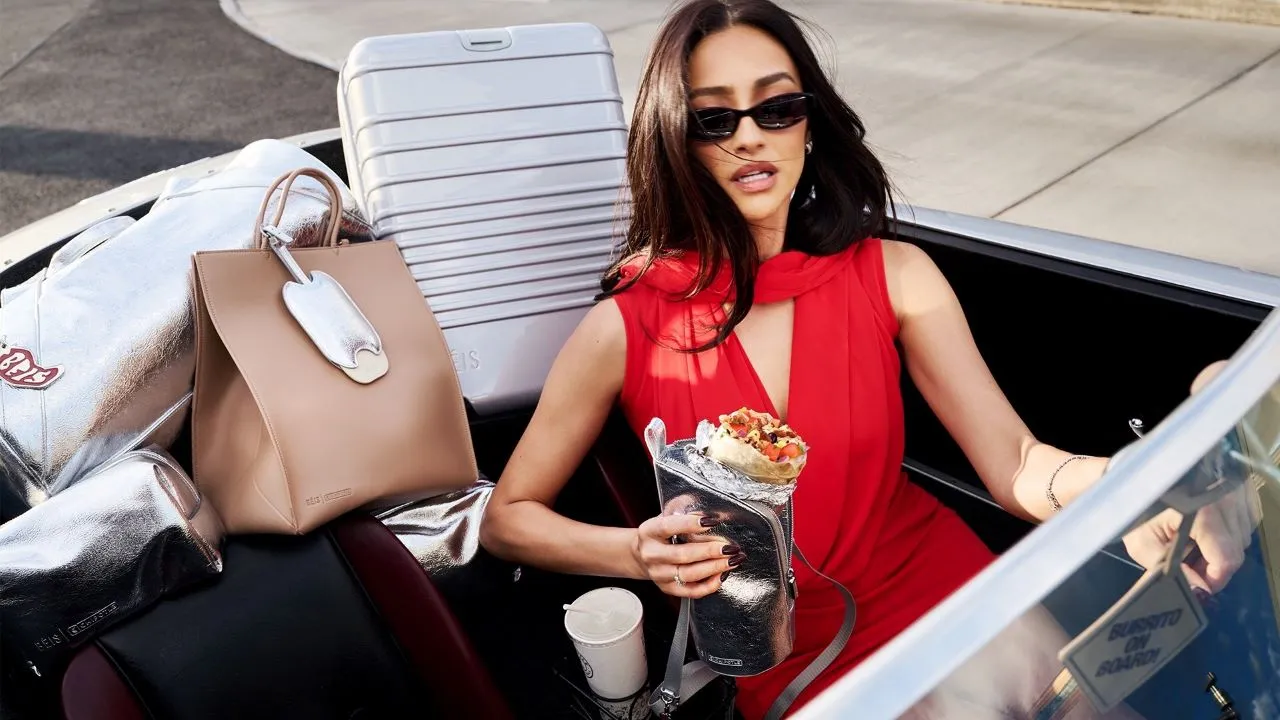In the fast-paced world of beauty, trends emerge and fade at lightning speed. Social media platforms, particularly TikTok, have become the epicentre of these viral beauty products, driving consumer choices and setting new standards for what's considered 'in.' With TikTok witnessing an astounding 176% year-on-year growth as the strongest platform for beauty brand expansion, it's clear that the landscape of beauty consumption has dramatically shifted. So we ask ourselves, does brand loyalty in beauty still exist? In the past, Gen Xers exhibited strong brand loyalty, sticking with one brand like Bobbi Brown, CoverGirl, or even Mary Kay. However, contemporary beauty enthusiasts seem to have abandoned this once-dominant notion of brand allegiance, now indulging in an ever-revolving hunger games of beauty trends.
TikTok, the contemporary beauty trendsetter, functions as a dynamic search engine, perpetuating a continuous cycle of consumerism. Each week, a new viral beauty product takes the centre stage, drawing the spotlight away from previous favourites. Notably, Rare Beauty's Soft Pinch Liquid Blush has garnered immense attention for its highly pigmented formula and Drunk Elephant's D-Bronzi Anti-Pollution Sunshine Drops have become a massive hit, frequently featured in makeup routine videos by TikTok star Alix Earle. As beauty creators on TikTok enthusiastically embrace these trends, it creates an atmosphere where brand loyalty struggles to survive. The phenomenon is not limited to makeup enthusiasts alone; it's observed even among the most influential beauty creators and enthusiasts who sway their followers with each passing trend.
The rise of TikTok as the breeding ground for beauty trends can be attributed to its highly visual and interactive nature. Short video clips showcasing product application, results, and reviews spread like wildfire across the platform. As consumers witness the transformative power of these trendy products, they are enticed to join in on the action, regardless of the brand. This allure of instant gratification, combined with the thrill of trying something new, supersedes the once unwavering loyalty to specific brands.
For beauty brands, surviving in this competitive landscape presents a formidable challenge. They must adapt quickly to the changing tides of TikTok trends or risk being left behind. It requires a delicate balance of staying true to their brand identity while remaining agile enough to capitalise on emerging trends. Collaborations with popular beauty creators and influencers have become an effective strategy for brands to increase their visibility and appeal to TikTok's engaged audience. By leveraging the power of social media, beauty brands can maintain relevance and stay in the minds of consumers amidst the continuous influx of new trends.
While brand loyalty may have diminished among beauty enthusiasts, it is not entirely extinct. Some consumers still maintain allegiance to their favourite brands, especially those that consistently deliver high-quality products, align with their values, or cater to specific beauty needs. For these brands, cultivating a loyal customer base becomes crucial for long-term survival.
The era of unwavering brand loyalty in the beauty industry has given way to the age of rapid trends driven by TikTok and other social media platforms. Consumers now embrace the excitement of trying the latest viral beauty products, leading to a shift away from brand loyalty. Nevertheless, beauty brands can survive in this highly competitive landscape by adapting to the changing trends and leveraging the power of social media to engage with consumers. While brand loyalty may not be as prevalent as it once was, cultivating a dedicated customer base remains vital for sustained success in the beauty industry.






.svg)


.svg)
.svg)






